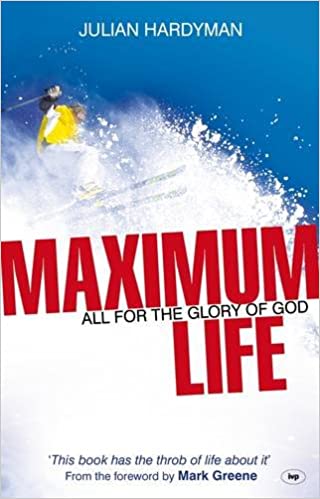People have been executed as heretics for writing books like this! Yet on every page Hardyman expounds the fundamental scriptural truth that there is no sacred-secular divide, and he does so with simplicity and sparkle.
The first third of the book explores the biblical theology (unfolding revelation in the Bible) of God’s purposes for humankind, culminating in Christ and his new creation. The rest of the book gets down to the nitty-gritty, explaining how the Christian can do all to the glory of God.
Some of the areas examined are: citizenship, care for the environment, and our approach to pleasure. There are seventeen concise chapters, each examining the Scriptures with numerous contemporary applications. Each chapter concludes with a few Bible study questions suitable for a short, small group discussion among Christians.
This is marvellous for making the gospel impact all of life. Updating a former edition of the book (called Glory days), one of the new chapters examines depression. This is dealt with practically and from the author’s recent experience.
The tension between evangelism and social action is frequently visited. The author contends that the ‘Great Commission’ is paramount, but so is its predecessor –– the ‘first Great Commission’, as he calls it (otherwise known as the Cultural Mandate of Genesis 1:28). This mandate is permanent and includes work, parenthood, creativity and recreation –– all in submission to God!
The postman or the poet can please God as much as the pastor. All is sacred, providing it is done to God’s glory. Nothing is secular, unless it is unloving to God or to one’s neighbour.
Given that such teaching can be overlooked or even condemned, this book is relevant for any Christian, and particularly students and young adults. It may also be useful for unbelievers needing to see what a positive difference Christ will make to their careers and lifestyles.



